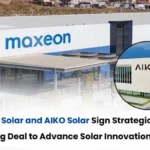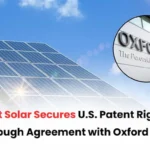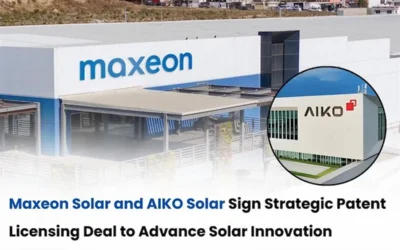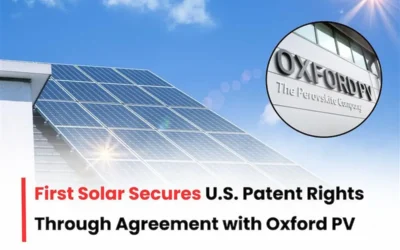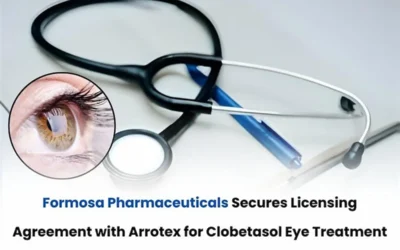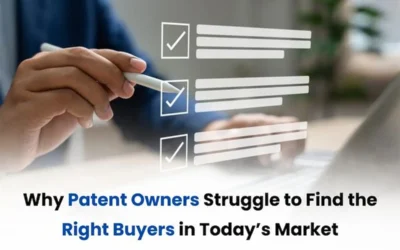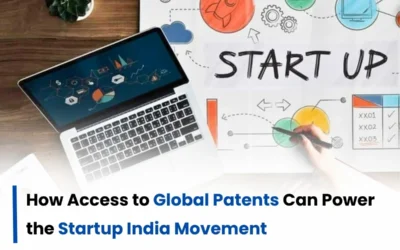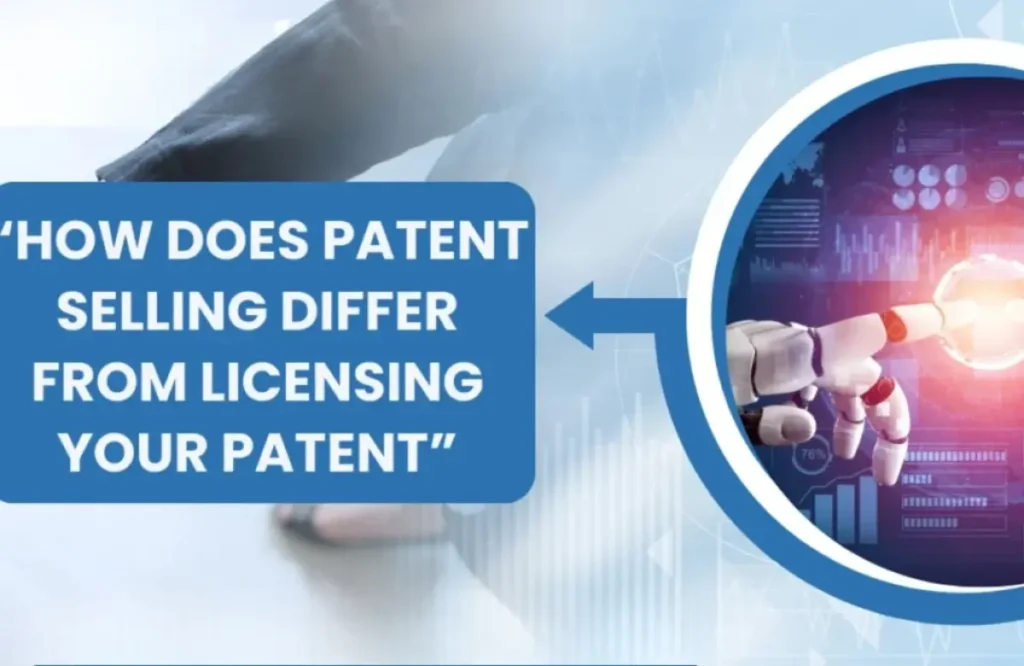
A patent is an asset to any inventor, entrepreneur, or company. Patents are considered a protective shield that grants the patent holder the right to use an invention or idea exclusively. After a patent is registered over an invention, the holder has several options whereby he can monetize his intellectual property. Two most common ways of earning money off a patent are by selling it and licensing it. Both introduce a way to make money with an invention; however, there is a tremendous difference between rights, responsibilities, and profits through both methods. This comprehensive guide discusses patent selling and licensing: differences, advantages and disadvantages, making a choice that works for your individual case.
What is Patent Selling?
Patent selling is that process whereby the ownership of your patent is transferred to another party. Upon selling your patent, you are essentially ceding all forms of rights in that invention. These rights will include the exclusive right to manufacture, use, and sell the patented invention. In exchange for transferring such rights, you normally acquire a one-time payment from the buyer. The owner loses ownership and claims to the patent after the sale. The buyer is then entitled to use, license, or sell the patent with third parties. The rights on the patent and generating profit from the invention are the responsibilities given to the new owner, which is the buyer at this stage.
What is Patent Licensing?
Patent licensing is another form of using patents whereby, under certain stipulations, the patent owner will allow a third party permission to use the invention. In this case, you are a patent owner; however, the licensee is entitled to use your invention on paying. Similarly, patents are often licensed on agreements for a definite time and have a different term according to the agreement.
There are two types of patent licensing
- Exclusive License: Here, the rights to use the patented invention are held exclusively by the licensee. That is, during the term of the exclusive license, no other person-including the patent holder is allowed to exploit the invention.
- Non-Exclusive License: It is a license to use the invention under the patent and the owner can transfer the rights of the patent to another entity. It is one option that sets up less constraint in place and is very profitable as it will bring just a little money to the holder of the patent.
Patent Sale Vs. Licensing
1. Rights of Ownership:
- Patent Selling: In that kind of patent selling, the seller will transfer all his property rights to a given invention entirely. Once it is sold, the proprietor loses automatically all kinds of claims that he may be entitled to over the said patent. Unless that purchaser sells or licenses another person, from such a patent that type, no further advantages could be derived by such an inventor.
- Patent Licensing: If you choose licensing then the rights are all yours. You can have absolute control over what this invention is going to be used for, and that licensee is made to do his part in honoring his agreement. What this gives you is the opportunity to have several parties in a non-exclusivity position or, in time, sell the patent.
2. Earning Potential:
- Patent Sale: Normally, the patent sale brings in a one-time lump sum. The amount depends upon how much value one believes the invention has, its market potential for the invention, and negotiation power of both parties. Once you sell your patent, you will no longer have any scope for recurring revenue from that very invention.
- Patent Licensing: Licensing can bring regular income in the form of royalties or periodic payments. In the long term, this may be very rewarding, especially if your invention is used all over or becomes very popular. Income from licensing is not predictable, and success in your licensing agreements depends on the licensee getting your product to market.
3. Control and Flexibility:
- Patent selling: all of the powers over your product would be given out. The fellow who bought your patent can just do anything to it; and you also shall not be let to interfere even when they find it appropriate time to license and sell it more.
- Patent Licensing: In licensing, you are always in control of the usage. Where you have an exclusive license, you can limit scope of use and territory under which the invention will be marketed. You will thus be in a position to negotiate terms like royalty rates, which will afford you quite a bit of room for maneuverability.
4. Risk and Responsibility
- Patent Selling: All the risks and responsibilities are on the buyer, which would include enforcement of patent rights, managing the invention, and any cost that may arise in court in case of defense for the patent.
- Patent Licensing: With licensing, the patent owner usually bears the responsibility of enforcing. That is, you have to monitor the licensee about the use of the patent and maybe take an action to protect your rights when needful.
5. Market and Timing
- Selling a Patent: Selling patents come in handy sometimes when one wants to raise some quick cash or no longer desires to start the commercialization himself. Finding a buyer, however takes time and the price one gets may not exactly match the real value of the lifetime potential of the invention.
- Patent Licensing: You can license when you feel that the invention is in a promising market. There, you only sit back as the invention amasses and develops. In licensing, you also get the benefit of flexibility: wait for the proper buyer or market situation and reap all the gains from your patent.
Advantages and Disadvantages of Patent Sale
Advantages:
- You will get your lump sum on a one-time deal
- No bother of tracking sale and other overheads
- No management of the patent as well as patent commercialization needed
Disadvantages
- Loss of control of the invention
- This would decrease the overall return on investment
- Only one time revenue; no future revenue generation
Patents Licensing: Pros and Cons
Pros
- Incomes are sure in royalties or fees
- Ownership still remains with themselves
- May involve multiple licensing with different parties
Cons
- Involves obligations in policing and enforcing license
- Long process to achieve good licensing terms
- The income may be uncertain or based on the performance of the licensee
Which Option is Right for You?
Whether to sell or license a patent depends on your goals, resources, and the nature of the invention. Here are some factors to consider:
- Cash Flow vs. Future Income: If you have to be paid cash and it has to come today, sell the patent; but if you can wait on a possible long-term gain, licensing may well be the better deal.
- Control: If the problem is a control issue for patent, and usage of that patent, then who is to take care of it, in such cases, licensing would be an excellent alternative to take. You just need selling when you will allow everything.
- Market Potential: If you think your invention is an idea with fantastic market potential and will most probably generate income with a repeating payback cycle, then your prospects of raising cash through licensing improve. Of course, if you feel the invention should only be used once or that it does not possess sufficient market appeal to be developed in a production phase, then you should consider selling.
- Risk Tolerance: Lack of interest in holding on to the continuing risk and burden of policing a patent makes selling attractive. If you have an interest in managing and policing the use of your invention, licensing will allow you greater control, along with continued income.
Conclusion
Whoever would like to sell or license patents has to weigh the pros and cons in making an appropriate decision depending on the circumstances. Patent sold at once generates cash, but it relinquishes all rights for the future. Licensing, on the other hand, brings revenue that continues even greater returns with time depending on management and control. Always weigh the potential of your invention, the need for money, and your desire to control the process of patent commercialization before you make that final decision. If possible, get in touch with a patent attorney or an intellectual property attorney, who would take you through every detail in respect to selling or licensing patents in order to gain the best judgment possible for your case.
